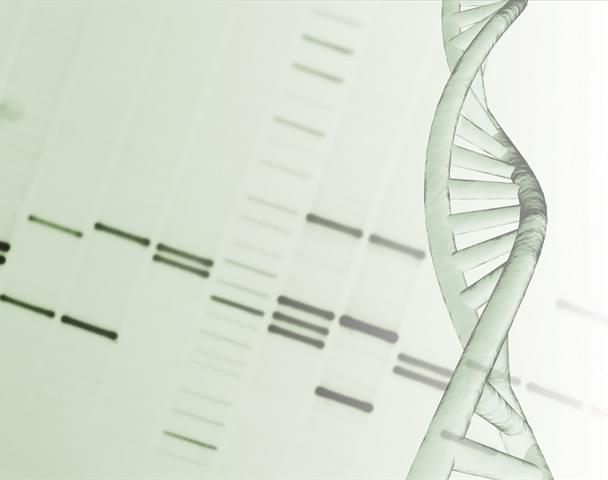A Kobe University team was able to edit the DNA of Lactobacillus strains directly without a template from other organisms. This technique is indistinguishable from natural variation and enabled the researchers to create a strain that doesn’t produce diabetes-aggravating chemicals.
Humans have improved the microorganisms we rely on for millennia, selecting variants that are better able to produce wine, yogurt, natto and many other products. More recently, direct genetic modification has emerged as a tool to exert more precise and efficient control over the improvement, but also has drawn much public criticism for often using DNA from unrelated organisms in these modifications. Kobe University bioengineer NISHIDA Keiji says, “As a consequence, using such transgenic techniques is not favorable for food products due to legislations being restrictive and social acceptance being low.”
Nishida and his team have developed a technique that gives even more precise control over the genetic content of a microorganism that does not rely on template DNA from other organisms. He says: “We have invented a DNA base editing technology named ‘Target-AID,’ which is superior to conventional techniques such as ‘CRISPR-Cas9’ in several aspects. For example, CRISPR-Cas9 induces DNA breaks and often causes cell death, while our Target-AID inserts precise point mutations without such breaks.”
